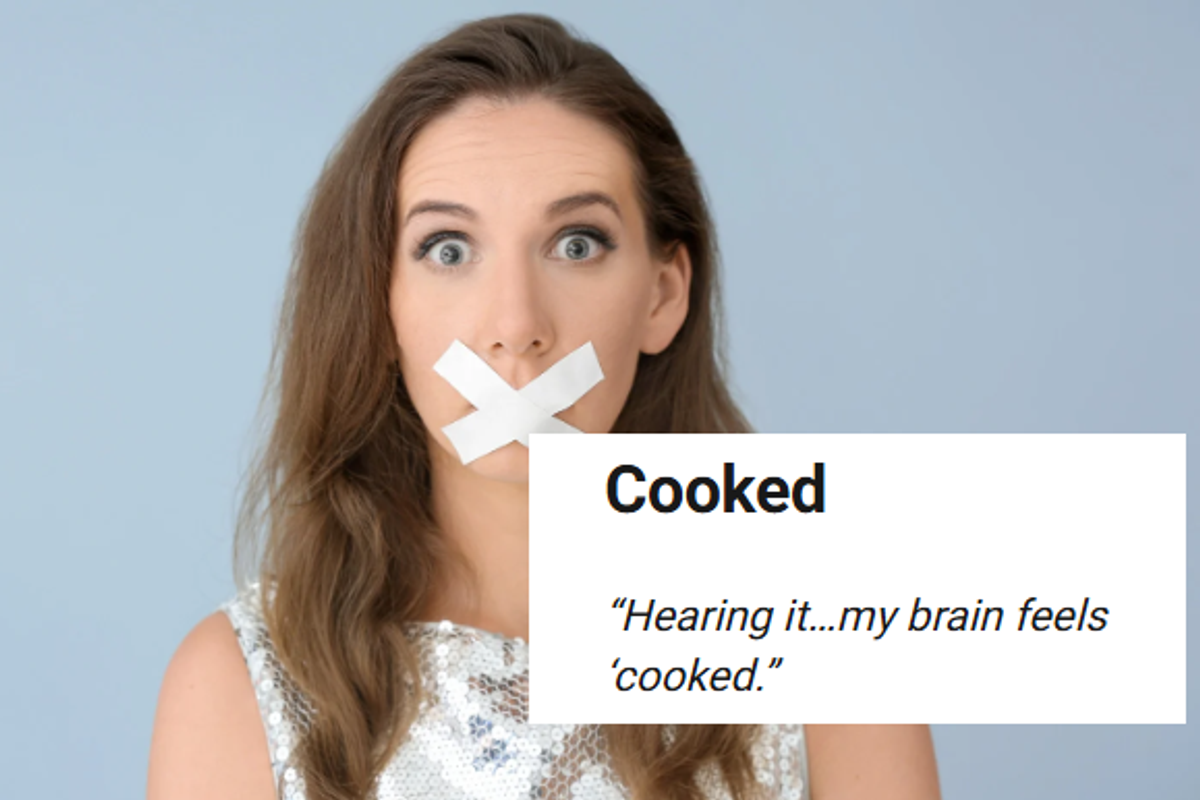In the Oct. 23 issue of The New Yorker, it was reported that President Donald Trump likes to joke about Vice President Mike Pence's long history of anti-LGBTQ views.
In Jane Mayer's exquisite story "The Danger of President Pence," a source shared that Trump likes to remind Pence who's in charge and frequently mocks his commitment to religion (Pence is an evangelical Christian). Specifically, he jokes about Pence's need to limit the rights of women and LGBTQ people. Here's the excerpt from Mayer's story (emphasis mine):
"Two sources also recalled Trump needling Pence about his views on abortion and homosexuality. During a meeting with a legal scholar, Trump belittled Pence’s determination to overturn Roe v. Wade. The legal scholar had said that, if the Supreme Court did so, many states would likely legalize abortion on their own. 'You see?' Trump asked Pence. 'You’ve wasted all this time and energy on it, and it’s not going to end abortion anyway.' When the conversation turned to gay rights, Trump motioned toward Pence and joked, 'Don’t ask that guy — he wants to hang them all!'"
There's nothing wrong with Pence being a man of faith. But when he hides behind it and uses it as justification for a series of policies and positions that threaten the livelihoods of many, many Americans, that's dangerous. Furthermore, joking about someone hanging gay people wouldn't be funny at a bus stop or in a locker room. To know Trump thought it would be appropriate to say in a meeting is the very definition of deplorable.
Photo by Nicholas Kamm/AFP/Getty Images.
To Trump, it seems that Pence's backward, dangerous views on women's health and LGBTQ people are not backward and dangerous, they're punchlines.
But we are not punchlines.
We are human beings with dreams, goals, and families like everyone else. Yet, among two of the most powerful men in the country, one thinks gay couples cause "societal collapse" and the other apparently thinks that's funny.
Photo by David McNew/Getty Images.
We're not laughing.
We're not here for your amusement. We're not to be used as some sort of perverse bargaining chip.
Photo by Justin Tallis/AFP/Getty Images.
People around the world, and here at home, are dying because of their gender or sexuality.
Did President Trump laugh when parents in Chechnya were told to murder their gay children before the government did? Did he slap the table and get happy tears in his eyes when he learned at least 23 transgender people have been murdered in 2017?
Did Vice President Pence hear the news of seven people in Egypt being arrested and jailed for raising a pride flag at a concert and think, "Serves them right"?
People gather at a vigil for slain transgender woman Islan Nettles in New York in 2013. Photo by Mario Tama/Getty Images.
When the administration turns its back on transgender kids and makes it harder for victims of sexual assault to come forward, that's not humorous. That's not holy. It's cruel and it's unforgivable.
Photo by Scott Olson/Getty Images.
No, we're not laughing. We are mobilizing.
We are speaking out. We are fighting for the equal rights and considerations we deserve.
Any person or party who views our health, our bodies, our lives as something to laugh about or something to be "prayed away" or changed is not a person or party who deserves our support.
We'll see who's laughing next November.
Photo by Spencer Platt/Getty Images.









 Many people make bucket lists of things they want in life.
Many people make bucket lists of things they want in life. 
 A boss giving an employee money.via
A boss giving an employee money.via 
 sipping modern family GIF
sipping modern family GIF 
 A distinguished chihuahua in a teal sweater
A distinguished chihuahua in a teal sweater